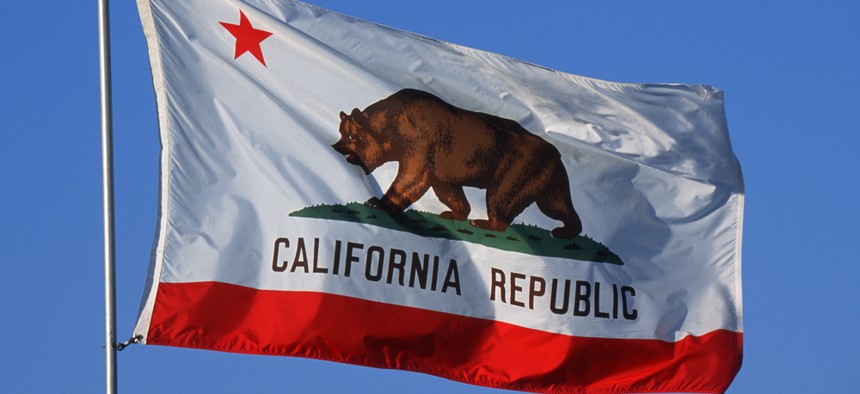California Unions Take Aim at Pension Reform Ballot Measure

American Spirit / Shutterstock.com

Connecting state and local government leaders
Organized labor in the Golden State say they’ll spend whatever it takes to defeat a ballot measure on government pensions.
Last week, pension-reform advocates in California announced plans to again push a 2016 ballot measure that would pave the way for cuts to public employees' pension plans. The move sets the stage for a clash between organized labor and fiscal conservatives whose price tag could rival even the most expensive of Senate races.
The plan's backers, former San Jose Democratic Mayor Chuck Reed and former San Diego Republican city councilman and congressional candidate Carl DeMaio aim to cut the state's exploding pension debt: As of 2013, the 130 pension systems had $198 billion in unfunded liabilities, compared to $6.3 billion in unfunded liabilities in 2003, according to the state controller. In 2014, Reed proposed eliminating protections for employees' benefits, a move that would allow lawmakers to close the gap by cutting pension payouts—including payouts to employees who'd already paid into their plans.
It's a direct challenge to the state's unions, and one that Dave Low, executive director of the California School Employees Association, promised that labor would answer forcefully. "If that's the direction they go," he said, "it's going to be World War III."
And what an expensive war it will be: In 2005, unions spent about $100 million against a series of ballot measures on teacher tenure, union campaign spending, and other topics pushed by then-Gov. Arnold Schwarzenegger, including $60 million from the California Teachers Association alone.
"We will spend whatever it takes to defeat it," Low said of the pension-reform initiative. "No other issue gives rise to the same level of strong opposition from rank and file members than this issue."
The plan's supporters won't be so well funded, Reed admits, but the question is how big the spending gap will be. Reed has been "using the ballpark number of $20 million" when planning how much they'll be able to spend. (Steve Maviglio, a Democratic strategist and the spokesman for Californians for Retirement Security, said he thinks Reed and his allies will have to spend $30-50 million to have a shot at getting the ballot initiative passed.)
It's difficult to say how much money the measure's proponents will be able to raise, as they don't have a source of funding as reliable as the labor unions, which are funded by dues from their members.
Dan Pellessier, president of advocacy group California Pension Reform, described the measure's potential supporters as "Silicon Valley people (and) major donors interested in the long-term prospects for California's real estate prospects." The California Chamber of Commerce will wait until it's on the ballot to even take a side, said spokeswoman Denise Davis.
Labor may have the monetary advantage, but there is a trend working on behalf of those trying to change the state's pension system. The number of signatures required to put a measure on the California ballot is based on the number of votes cast in the previous gubernatorial race. Thanks to low turnout in 2014, the requirement dropped from more than 800,000 signatures to about 585,000.
And in the probable case that the pension measure makes the ballot, all of the money being flooded into the dispute likely will have effects down the ballot. The measure's opponents are hoping that a mass labor mobilization will portend trouble for Republican candidates, as union members more strongly affilitate with Democrats. "If you're a Republican running for the House, you probably don't want to see this on the ballot," Low said. "It will really shift the voter turnout against you."
(Image by American Spirit / Shutterstock.com)




